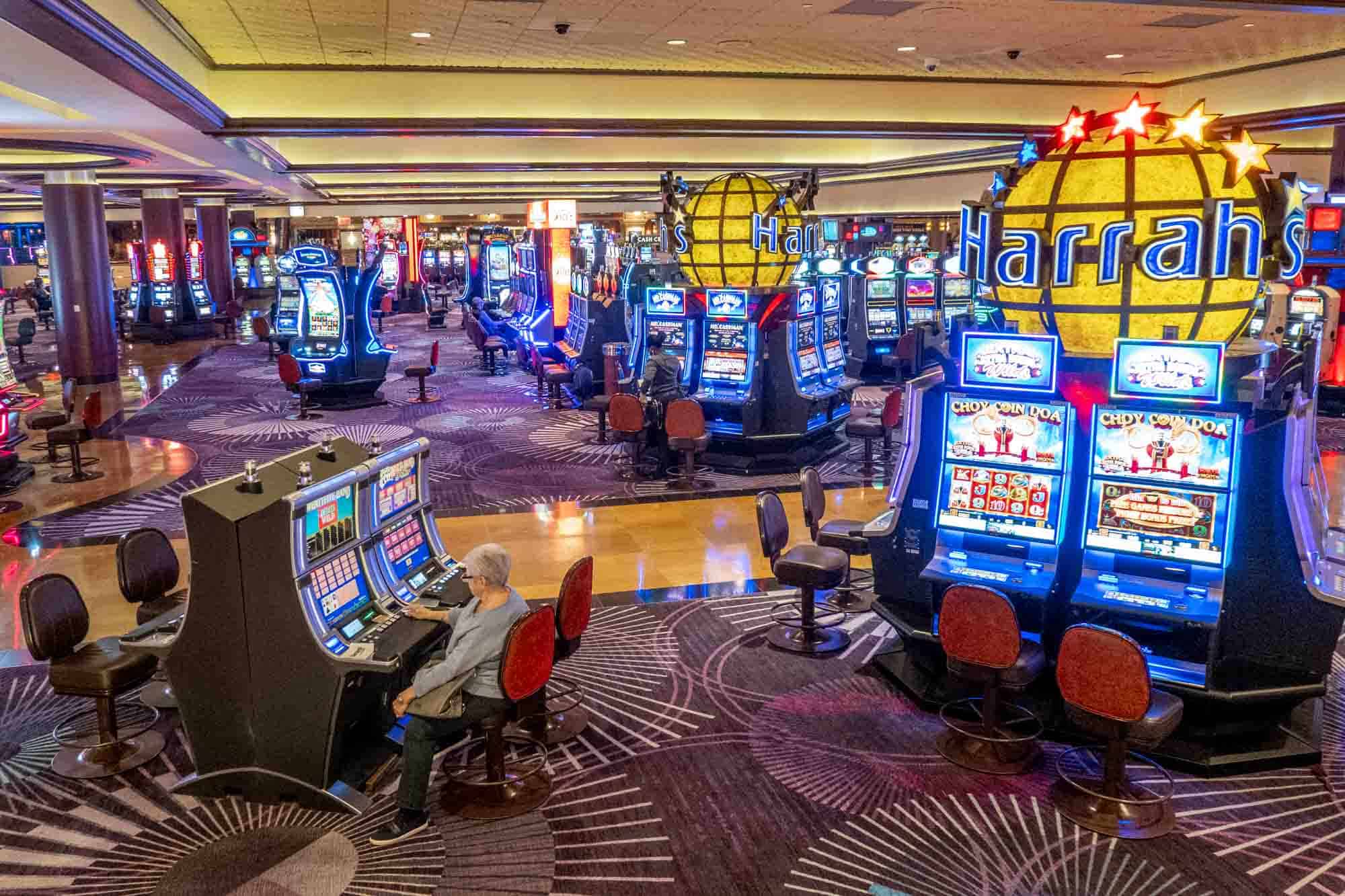
Casino gaming has long been a topic of interest and controversy, drawing in millions of players globally. With a mix of chance, strategy, and the excitement of risk, casino games offer an exhilarating escape from everyday life. However, as entertainment becomes ever more accessible, it calls for a more thorough examination of the morality surrounding these games.
At the heart of the discussion lies the issue of whether casinos promote responsible gaming or take advantage of vulnerable individuals. The allure of potential winnings versus the reality of losses can create a challenging dynamic, and understanding this balance is crucial for both players and operators. As we delve into the morals of casino gaming, we will explore the duties of casinos, the effects on society, and the steps that can be taken to foster a healthier gaming environment.
The Impact of Casino Gaming on Society
Casino gaming has a significant influence on society, affecting not only the economy but also interpersonal dynamics and local frameworks. The income generated from casinos can lead to job creation and boost local economies, as they provide various employment opportunities in multiple fields including food and beverage, entertainment, and shopping. However, while the economic advantages can be substantial, communities often struggle with the possible negative impacts that arise from increased gambling activity.
Moreover, the presence of casinos can lead to an rise in gambling addiction, presenting significant challenges for individuals and families. The thrill of casino games can quickly evolve into a habitual habit, affecting personal relationships and leading to monetary issues. Many players may find it difficult with the loss of control over their gambling habits, resulting in a need for community support services and interventions to address this growing issue. The social cost of addiction can ripple through kinships and neighborhoods, creating an urgent need for responsible gaming initiatives.
In addition to the economic and social ramifications, casino gaming often showcases cultural attitudes towards uncertainty and leisure. It can foster a sense of excitement and leisure, attracting tourists and boosting local travel. However, this allure may also conceal the broader implications of gambling as a method of entertainment, raising ethical questions about its advertisement and availability. As communities weigh the benefits and disadvantages of casino gaming, the need for responsible practices and regulation becomes increasingly critical in ensuring that the positive aspects are maximized while minimizing the potential harms.
Moral Issues in Betting Activities
The ethics of casino gaming often center around the potential for dependency and its consequences on individuals and households. Gambling can lead to serious monetary distress, impacting not only the betters but also their loved ones. As people become caught in the appeal of winning, many lose track of their budget, which can result in devastating results such as bankruptcy. This poses ethical questions about the responsibility of casinos in fostering safe gaming practices and providing support for those who may be dealing with gambling addiction.
Another major concern is the promotion of betting to vulnerable groups. Gambling establishments often aim at low-income people or neighborhoods with the promise of quick rewards, which can continue cycles of poverty and despair. In this context, the ethics of marketing strategies used by gambling establishments come under scrutiny, as they may exploit the desperation of individuals seeking an way out from economic troubles. This exploitation raises moral questions about the honesty of the gambling industry and its obligation to safeguard its most at-risk patrons.
Additionally, the impact of gambling gaming on the community as a whole cannot be ignored. While some argue that gambling establishments create jobs and boost local economies, others point to the social costs associated with problem betting, increased criminal rates, and a strain on public services. Balancing economic benefits with the potential for social harm presents a complex ethical dilemma for lawmakers and gambling operators alike. The challenge lies in finding a ethical approach that takes into account the well-being of people and communities while still permitting for the pleasure of gambling activities.
Oversight System and Responsibilities
The oversight framework pertaining to gambling activities is created to ensure equity, honesty, and gambler security. Various government entities and gaming commissions set and implement regulations that dictate how gambling games function, the guidelines for product development, and the processes for handling winnings. These regulations differ by jurisdiction but usually involve licensing requirements for providers and rigorous measures to avoid fraud and scams.
In addition to governing bodies, casino operators bear considerable duty in maintaining ethical standards within their venues. They must implement responsible gambling practices that support gambler protection and awareness, including presenting self-limitation options and offering information about the dangers connected to gambling. Operators are also obligated for educating workers to identify signs of problem betting and know the correct actions to help visitors in trouble.
Additionally, transparency in gaming operations is essential for gaining and preserving public faith. Operators should provide clear details about the probabilities of games, promotional opportunities, and any associated risks. Nohu By promoting an atmosphere of integrity and accountability, operators can help lessen the likelihood negative impact of betting while improving the complete betting experience for all participants.
